
Poverty affects every part of daily life. Many of its challenges are hidden from view and often misunderstood. This list highlights real situations that millions of Americans face each day. If you want to understand these experiences better or help others do the same, take a few minutes to read. Sharing this knowledge can lead to greater empathy and support for those in need.
Skipping Meals To Pay The Light Bill

Of low-income families, 20% skip meals to keep the power on. In winter and summer, utility bills can exceed food costs. Many children rely solely on school lunches for their meals. Disconnect notices often cause panic, forcing families to choose between heating their homes or eating dinner.
Using Expired Medicine For Chronic Conditions
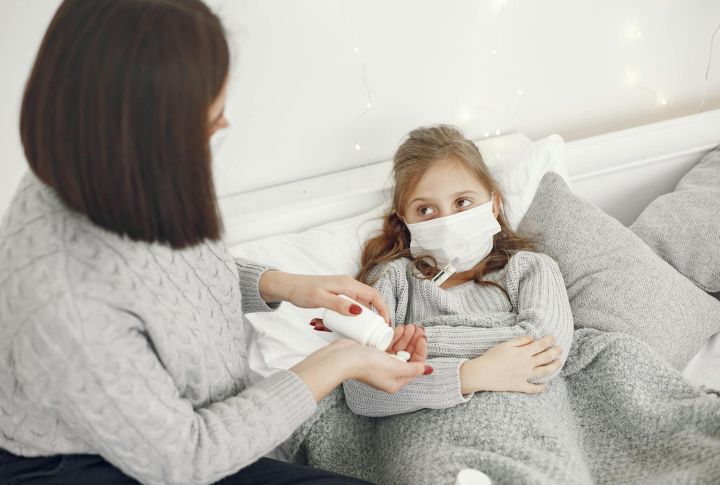
One in four Americans with chronic conditions skip or ration medication due to cost. Millions remain untreated because of Medicaid gaps. Expired medications circulate informally. In online groups, people share home remedies and DIY dosing methods to manage illnesses when prescriptions are no longer affordable.
Hiding Debt To Avoid Judgment
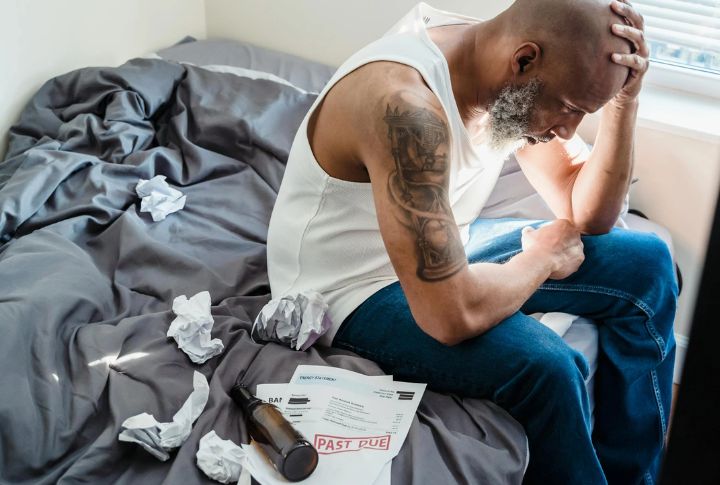
Many low-income people hide their financial struggles from loved ones. The stigma surrounding unpaid bills causes isolation and shame. Payday lenders profit from this silence. Title loans and emergency advances offer short-term relief, but long-term financial damage, especially when debts are kept secret.
Pretending To Be Full So Children Eat
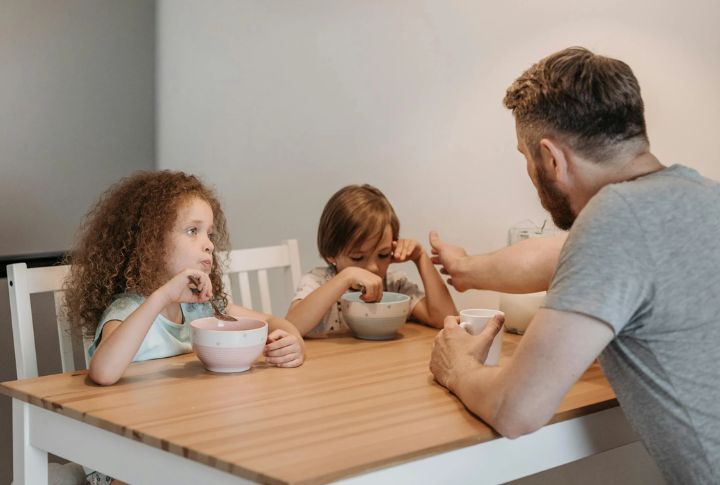
Parents often skip meals, so their kids have enough to eat. USDA data shows mothers in food-insecure homes are most affected. Hunger is often disguised as dieting. Some drink water to feel full and stay quiet, even when they haven’t eaten a proper meal in days.
Treating Tooth Pain With Alcohol Or Super Glue
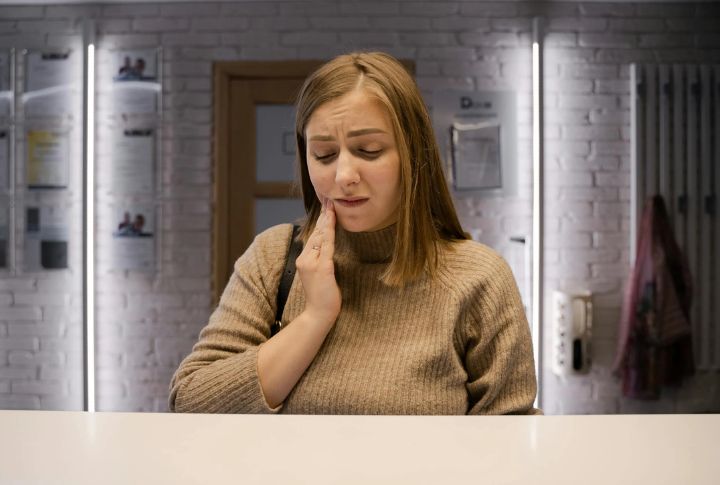
Dental care is one of the most expensive health costs and ER visits for preventable oral pain are increasing. Some use vodka, clove oil, or super glue for relief. Untreated infections can spread and become life-threatening, yet professional treatment is out of reach for many adults.
Washing Clothes In Bathtubs
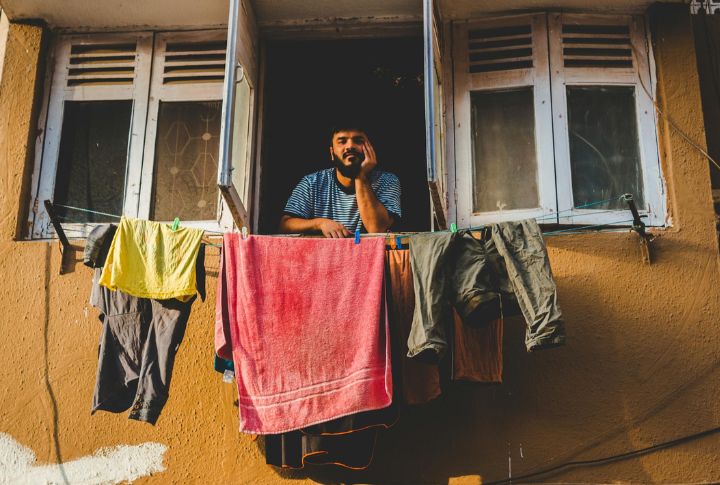
Urban laundromats can cost $10 per load. In rural areas, the nearest laundry is sometimes miles away. People use dish soap or shampoo instead of detergent. Washing in bathtubs is common, but it can lead to skin rashes and infections, especially in children with sensitive skin.
Losing Jobs Over Car Trouble
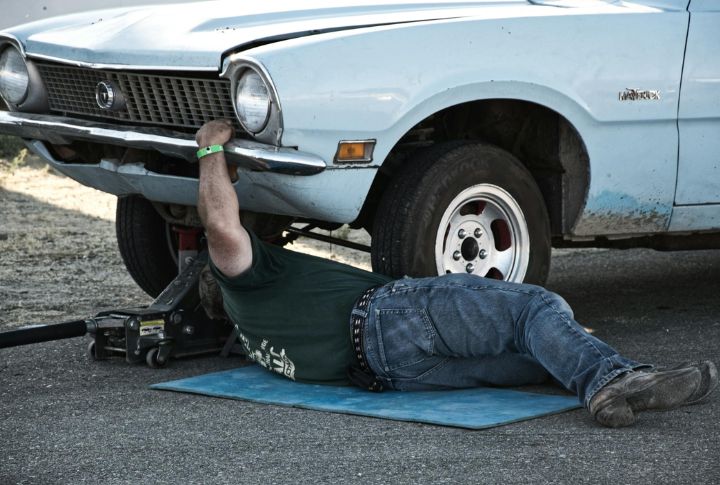
Without reliable transportation, workers miss shifts and lose jobs. Some employers fire workers after just one absence. Rideshare services are too expensive for daily use. In many areas, public transportation is limited. Some workers walk hours each day just to hold on to minimum-wage employment.
Living With Cockroaches And Mold You Can’t Report

Tenants avoid reporting infestations or mold out of fear of eviction because legal support is rare or inaccessible. Mold exposure can cause respiratory illness, particularly in children. Landlords may retaliate, so families endure unsafe conditions in silence, choosing shelter over health when forced to decide.
Paying More For Basic Services

Low-income households often pay higher prices for essential goods and services. This “poverty tax” includes high-interest loans and overpriced groceries in food deserts. Without access to affordable credit or transportation, the poor end up spending more for the same everyday needs.
Being Afraid To Call The Police
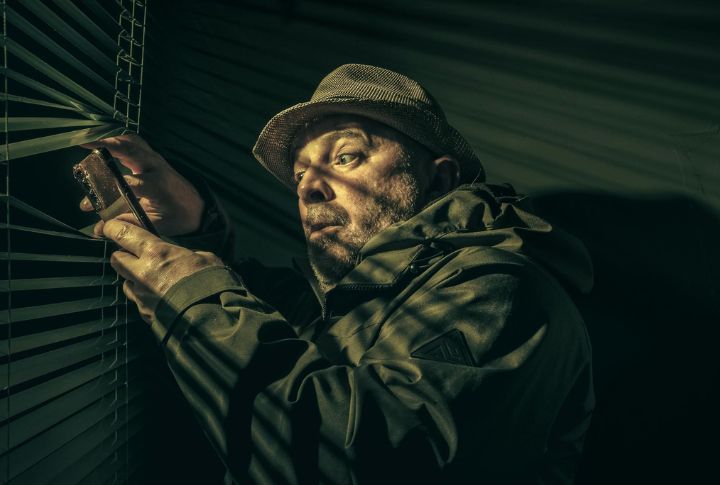
Many poor residents avoid calling 911 due to the risk of eviction or fines. In over-policed neighborhoods, law enforcement often brings scrutiny rather than safety. Victims of felonies may stay silent. Some communities rely on informal watch groups rather than face the consequences of seeking help.
Using Credit To Survive, Not Build

In low-income homes, credit cards are used for food and rent, not luxury. Poor credit isn’t caused by misuse—it’s a response to emergencies. Paying only minimum balances grows debt. Missed payments can drop credit scores by over 100 points, limiting future housing and employment options.
Missing School Due To Lice, Not Laziness

Lice outbreaks keep children from school, especially when treatment isn’t affordable. Without insurance, over-the-counter products are a financial burden. Strict, no-nit policies block attendance. Recurring absences hurt learning. Some families attempt ineffective home remedies, prolonging the issue and putting academic progress at risk.
Cashing Out Retirement To Afford Rent

Faced with eviction, many withdraw their retirement accounts early. Penalties and taxes shrink these savings. Once cashed out, rebuilding is unlikely. Some never contribute again. Seniors face lifelong financial insecurity after using 401(k)s for basic housing needs during financial crises or job loss emergencies.
Skipping Baby Showers Because Gifts Cost Money

Expectant parents often avoid celebrations due to the pressure of bringing gifts. This absence can lead to feelings of guilt and depression. Financial stress turns happy milestones into painful reminders of what can’t be afforded. Social media comparisons can worsen emotional strain during pregnancy.
Keeping Quiet At The Doctor’s Office
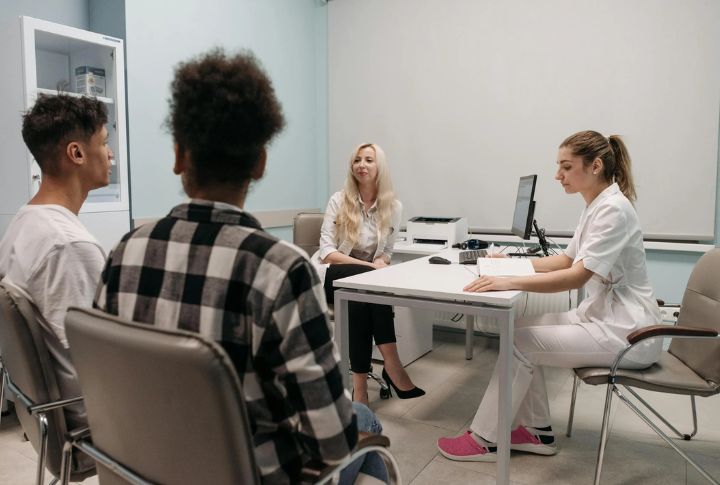
Fear of high medical bills leads some to downplay symptoms. Tests and prescriptions may be avoided, even when clearly needed. People refuse to follow up on things they can’t pay for. Treatable issues become chronic. Many skip care entirely until their health conditions escalate into emergency situations.
Staying In Toxic Relationships For Shelter

Financial insecurity traps people in unsafe homes. A significant number of abuse survivors say they stayed due to money and the long waitlists in shelters. Victims often fear homelessness more than violence. Some endure mistreatment for the sake of children, knowing few options exist for independent housing.
Borrowing Cash For Bus Fare
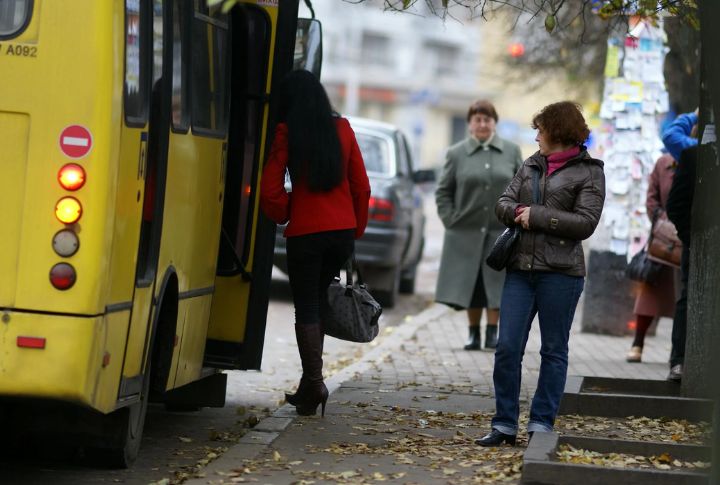
Even small costs like bus fare can prevent someone from going to work or school. Without $2, some miss important appointments or shifts. Borrowing from friends or kids is common. When public assistance doesn’t cover transportation, mobility and opportunity are limited by pocket change.
Avoiding New Jobs Because Of Uniform Costs
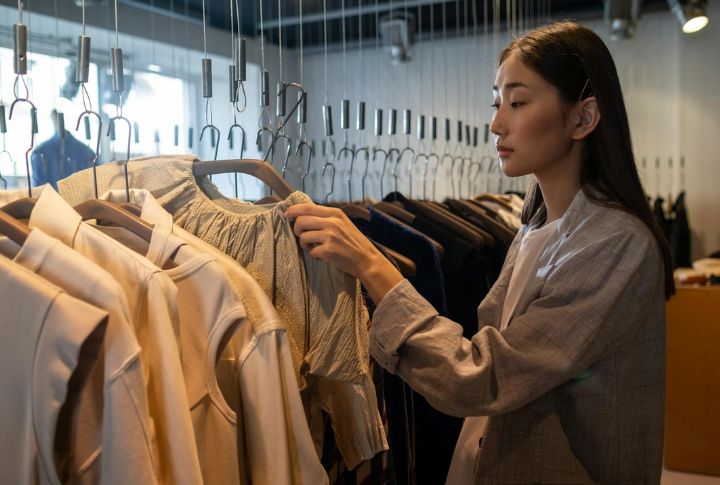
A job offer may require $200+ for uniforms, shoes, or licensing. Without help, starting work becomes impossible. Some turn to high-interest loans to cover these costs. For many, employment is delayed or missed entirely due to upfront expenses that come before a single paycheck.
Living Without Heat Or A/C In Extreme Weather

Many homes are disconnected yearly for non-payment. In hot or cold seasons, poor families risk heatstroke or hypothermia. Many live without air conditioning or central heating. Seniors and children are especially at risk. Basic climate control becomes a life-or-death issue during peak weather.
Spending More On Groceries Without A Car
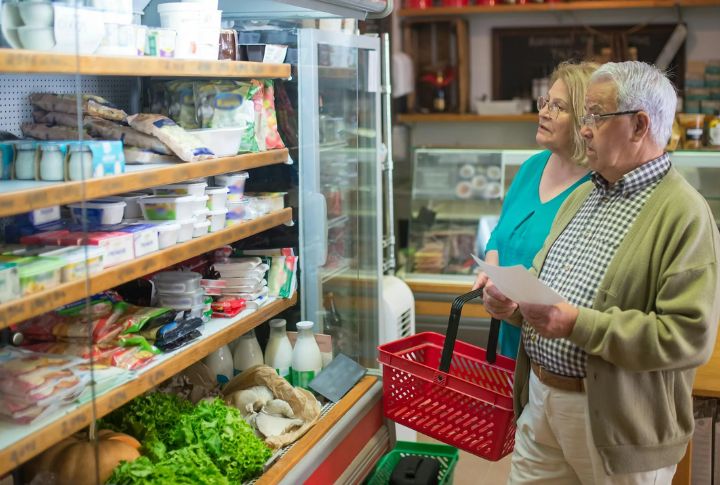
Without a vehicle, families rely on nearby corner stores that charge more. Bulk buying isn’t possible when groceries must be carried home because food spoils during long bus rides. Limited access to affordable markets leads to poor nutrition and higher monthly food costs.
